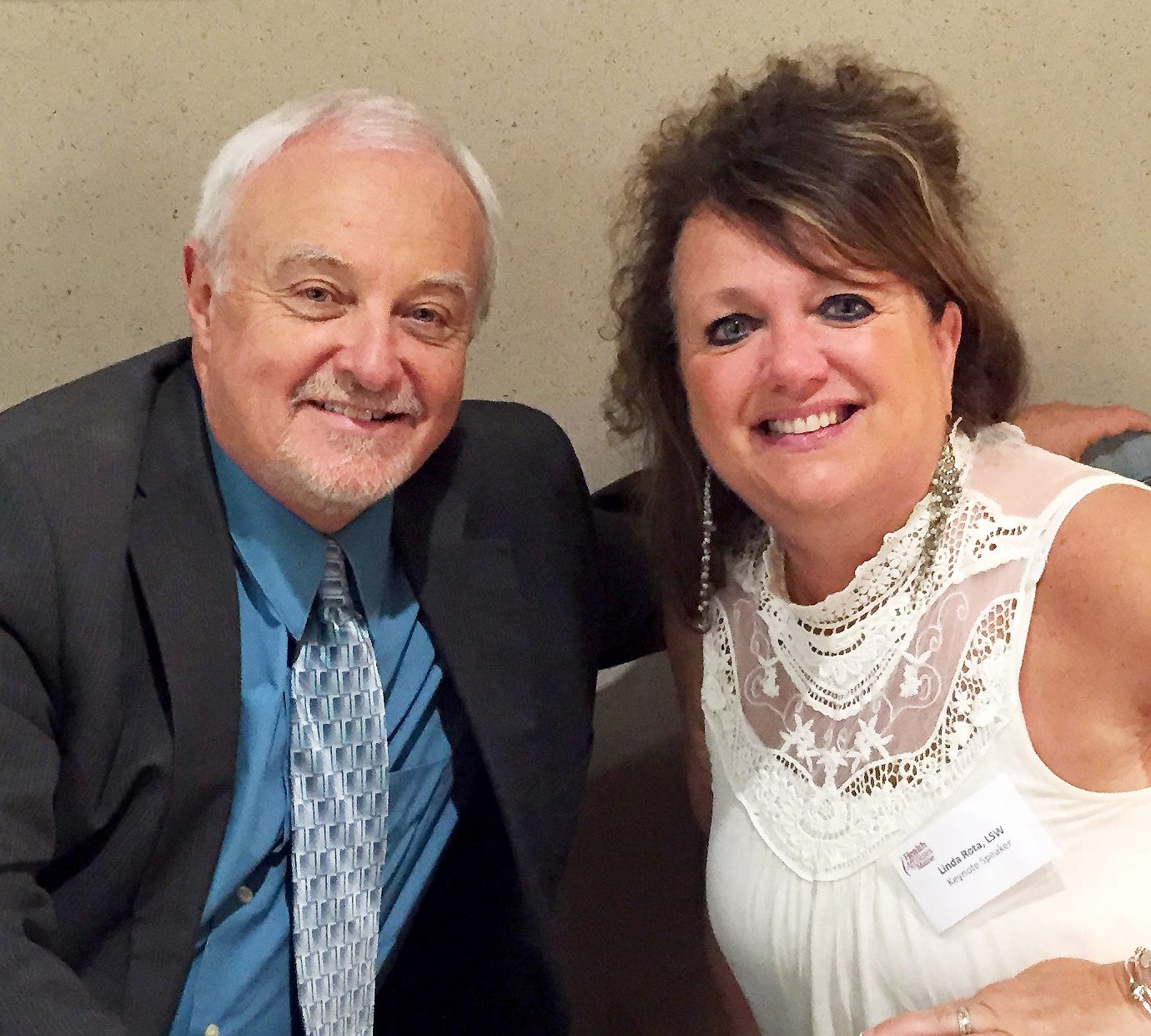Hi again! I am back with another blog. I was re-reading my first one "Shame: Managing Stormy Days" the other day and thought it was, "to my surprise" not bad.I say this not with an ego. I say it as "An Adult Child Of An Alcoholic" who can still slip back to that spot...
Tips for Healthy Living Articles
Resilience: Do You Have It?
“The oak fought the wind and was broken, the willow bent when it must and survived.” ― Robert Jordan, The Fires of Heaven Resilience can be described as the process of returning to normal daily functioning or the ability to adapt after being faced with stress,...
Addiction and the New Year: Recognizing the Signs
In Maine, over the last 10-15 years, the rising tide of prescription painkillers abuse and other opiates based drugs (legal and illegal) has reached epidemic proportions. The abuse of alcohol and other addictive drugs like marijuana/synthetic cannabinoids,...
Seasonal Affective Disorder: What You Need to Know
For some people, the shorter days of the fall and winter months bring with it an increase in depressive symptoms. This type of depression has been called Seasonal Affective Disorder (SAD). It usually impacts people during the change of seasons when there is a...
How to Maintain Sobriety at the New Year’s Party
For those in early recovery, it is probably not a good idea to go to a New Year’s party where there is going to be alcohol. Even those who are well established in their sobriety can find such events a challenge. Sometimes, though, it can be difficult to avoid such...
A New Year, A New You?
Each January, millions of people attempt to improve something in their lives by committing to a New Year’s Resolution – a promise to themselves that, this year, things will be different. By February, many of those resolutions are forgotten or discarded. What happens...
Sometimes the Holidays Hurt
Sometimes holidays hurt. The holiday cards and promotions are full of pictures of beautiful families smiling around a fireplace or dinner table. For some families, the reality doesn’t match that picture. Family relationships come with history, "the good, the bad,...
20 Unique Ways to Get Into the Holiday Spirit.
Have you ever felt as though you need a little help getting into the spirit of the holidays? It can be true for many of us, because let’s face it; this time of year can be rather stressful. Often times though, it is the smallest and simplest of activities that...
Holiday Stress: When The Holiday’s Aren’t So Merry
[slideshare id=55346642&doc=hampowerpoint-holidaystress-2015-151120182702-lva1-app6891]









